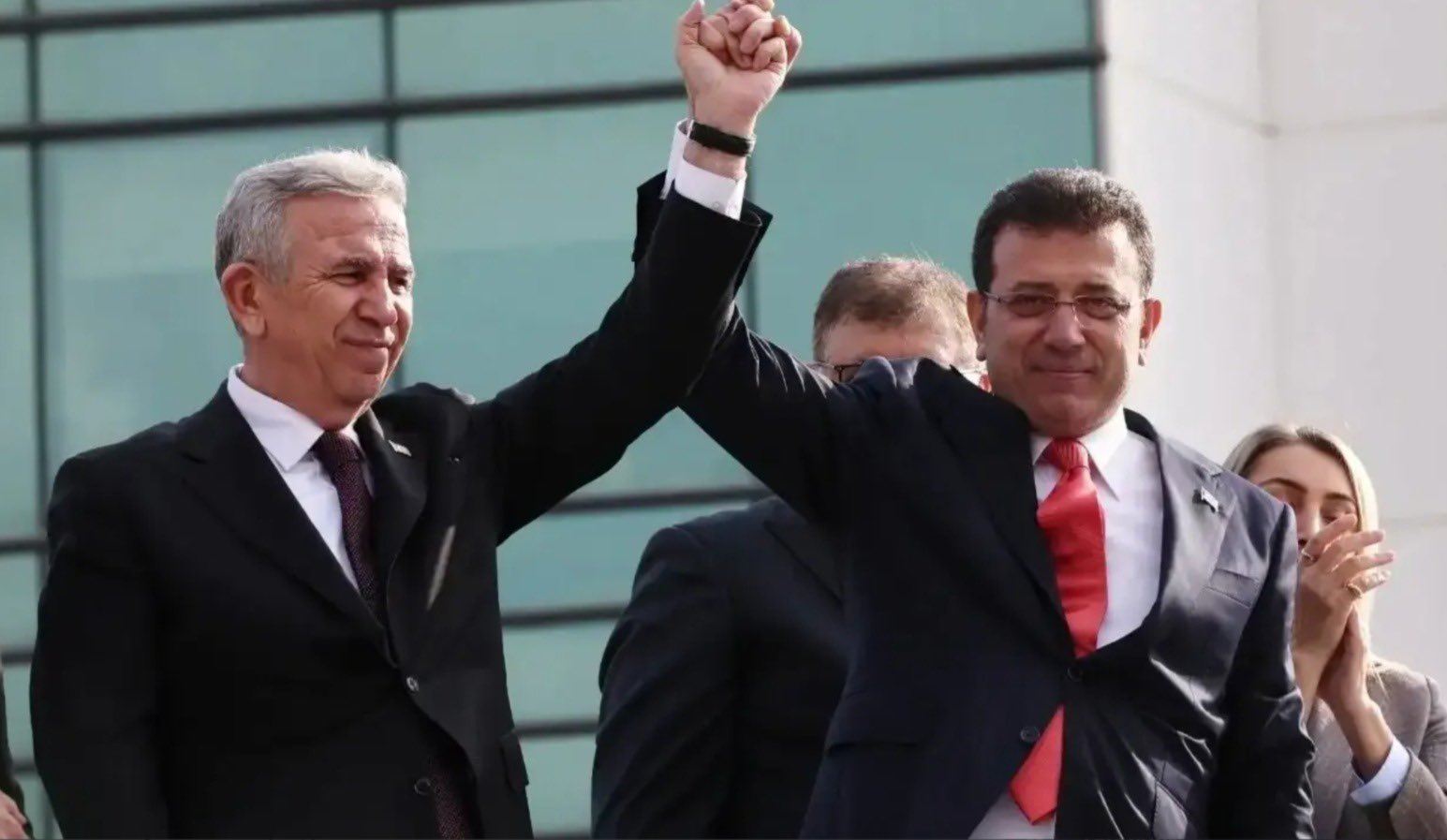
Istanbul Mayor Ekrem Imamoglu is at the center of a growing controversy over allegations about forging an official document regarding his university diploma. The Istanbul Chief Public Prosecutor's Office launched an investigation after claims emerged that Imamoglu’s transfer from Girne American University in the Turkish Republic of Northern Cyprus (TRNC) to Istanbul University’s Business Administration Faculty in 1990 may not have followed proper legal procedures. Istanbul Mayor is expected to testify regarding these allegations.
Unlike many other political controversies, this is not about mere policy disagreements. Those following Imamoglu’s political career closely describe him as a politician who skillfully exploits family wealth, regional connections, media influence, and PR tactics to position himself favorably, sadly like many other Turkish politicians. This case is seen as another example of his habit of bending rules and conveniently dismissing inconvenient facts when confronted.
One of the most significant aspects of this case is the legal requirement that a candidate for the presidency in Türkiye must hold a valid university degree. If Imamoglu's current diploma is ruled invalid or fraudulent, he would not only be barred from participating in the Republican People’s Party (CHP) primary elections but also permanently disqualified from running for the top political career in the Republic of Türkiye, the Presidency.
The debate over Imamoglu's academic history has been ongoing for some time, but the recent investigation has intensified scrutiny. The key concerns surrounding his education are as follows:
Girne American University was founded in 1985 and Imamoglu’s GPA was a mere 59 out of 100; quite far below the level normally required for transfers to Türkiye’s top universities.
Yet, through supposedly an 'unexplained' backdoor, he managed to transfer into one of Türkiye’s most prestigious and oldest institutions, Istanbul University.

If Imamoglu is found to have used a diploma obtained through fraudulent means, the repercussions could be severe. He could face disqualification from holding public office which means effectively ending his political career. This also means a loss of credibility, damaging his reputation as an opposition figure in the political domain.
Imamoglu’s political career is built on a crafted image, but this issue threatens to expose the cracks in that foundation. Unlike other setbacks, this is not a matter of political opposition. It is about trust and legitimacy. If the allegations prove true, it will not just be a legal failure but an ethical disaster that will strip him of his credibility.
The investigation has sparked a fierce debate. Imamoglu's supporters argue that the case is politically motivated, claiming it is an attempt to block him from running for the presidency. His critics, however, say that transparency is essential, and any doubts about his educational background must be resolved.
Media discussions have drawn comparisons to past cases of diploma fraud. Many commentators argue that if Imamoglu has nothing to hide, he should present the original transfer documents, putting an end to speculation. However, his failure to do so thus far has only fueled further suspicion.
If the allegations somehow collapse, he may emerge stronger than before, solidifying his position as one of the leading opposition figures in Türkiye.
Yet, the most fundamental question remains: Where are the missing transfer documents? Until they are brought to light, doubts will persist, regardless of the outcome of the investigation.
If Imamoglu wishes to silence his critics, he must not focus on misleading PR tactics and using them as a tool for narrative control and political advantage but rather on providing clear, verifiable proof. Without these records, the controversy is unlikely to fade and may permanently tarnish his public image and political ambitions.
About the author: Yildiz Gumus is a researcher and a freelance writer with a focus on politics and international relations.



